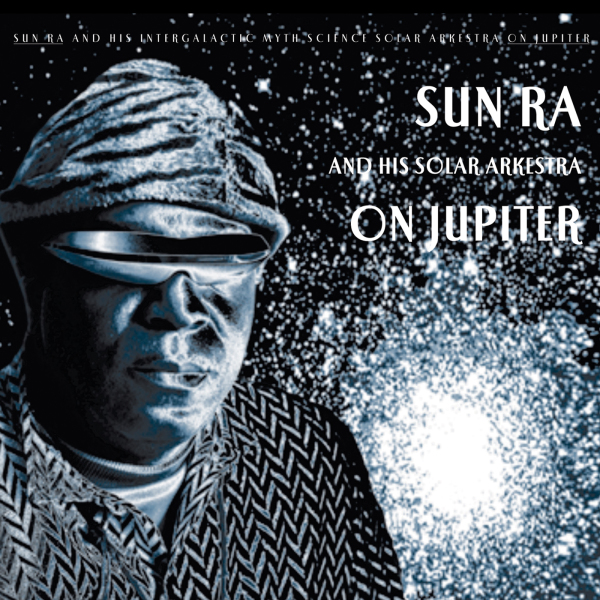NEW YORKER: For decades, jazz musicians have joked about Schaap’s adhesive memory, but countless performers have known the feeling that Schaap remembered more about their musical pasts than they did and was always willing to let them in on the forgotten secrets. “Phil is a walking history book about jazz,” Frank Foster, a tenor-sax player for the Basie Orchestra, told me. Wynton Marsalis says that Schaap is “an American classic.”
In the eyes of his critics, Schaap’s attention to detail and authenticity is irritating and extreme. He has won six Grammy Awards for his liner notes and producing efforts, but his encyclopedic sensibility is a matter of taste. When Schaap was put in charge of reissuing Benny Goodman’s landmark 1938 concert at Carnegie Hall for Columbia, he not only included lost cuts and Goodman’s long-winded introductions but also provided prolonged original applause tracks, and even the sounds of the stage crew dragging chairs and music stands across the Carnegie stage to set up for the larger band. His production work on a ten-disk set of Billie Holiday for Verve was similarly inclusive. Schaap wants us to know and hear everything. He seems to believe that the singer’s in-studio musings about what key to sing “Nice Work If You Can Get It” in are as worthy of preservation as a bootleg of Lincoln’s Second Inaugural. Reviewing the Holiday set for the Village Voice, Gary Giddins called Schaap “that most obsessive of anal obsessives.”
That’s one way of looking at the matter. Another is that Schaap puts his frenzied memory and his obsessive attention to the arcane in the service of something important: the struggle of memory against forgetting—not just the forgetting of a sublime music but forgetting in general. Schaap is always apologizing, acknowledging his long-windedness, his nudnik tendencies. “The examination may be tedium to you,” he said on the air recently as he ran through the days, between 1940 and 1944, when Parker might have overdubbed Goodman’s “Chinaboy” in Bob Redcross’s room at the Savoy Hotel in Chicago. (“His home was Room 305.”) Nevertheless, he said, “my bent here is that I want to know when it happened because I believe in listening to the music of a genius chronologically where possible, particularly an improvising artist.” The stringing together of facts is the Schaapian process, a monologuist’s way of painting a picture of “events of the past” happening “in real time.” […]
By the time Schaap was established on the radio, nearly every musician who passed through New York was aware of his mental tape recorder. Twenty-five years ago, the bandleader, pianist, and self-styled space cadet Herman (Sonny) Poole Blount, better known as Sun Ra, swept by a night club and, before having to give a speech at Harvard, “kidnapped” Schaap. Sun Ra claimed that as a young man he had been “transmolecularized” to Saturn, and thereafter he expounded a cosmic philosophy influenced by ancient Egyptian cosmology, Afro-American folklore, and Madame Blavatsky. In order to prepare for his audience in Cambridge, Sun Ra insisted that Schaap fill him in on the details of his existence on Earth. Schaap obliged, telling Sun Ra that, according to his musicians’ union forms, he was born in Birmingham, Alabama, in 1914. “I could tell him things like what 78s by Fletcher Henderson he was listening to in the thirties and about his time playing piano for the Henderson Orchestra later on,” Schaap said. “He was vague about it all, but what I said made sense to him. I also knew that his favorite flavor of ice cream was the Bananas ’n Strawberry at Baskin-Robbins. It was a hot summer night, so I went up the block and bought him a quart, and we ate sitting in the car.” MORE

